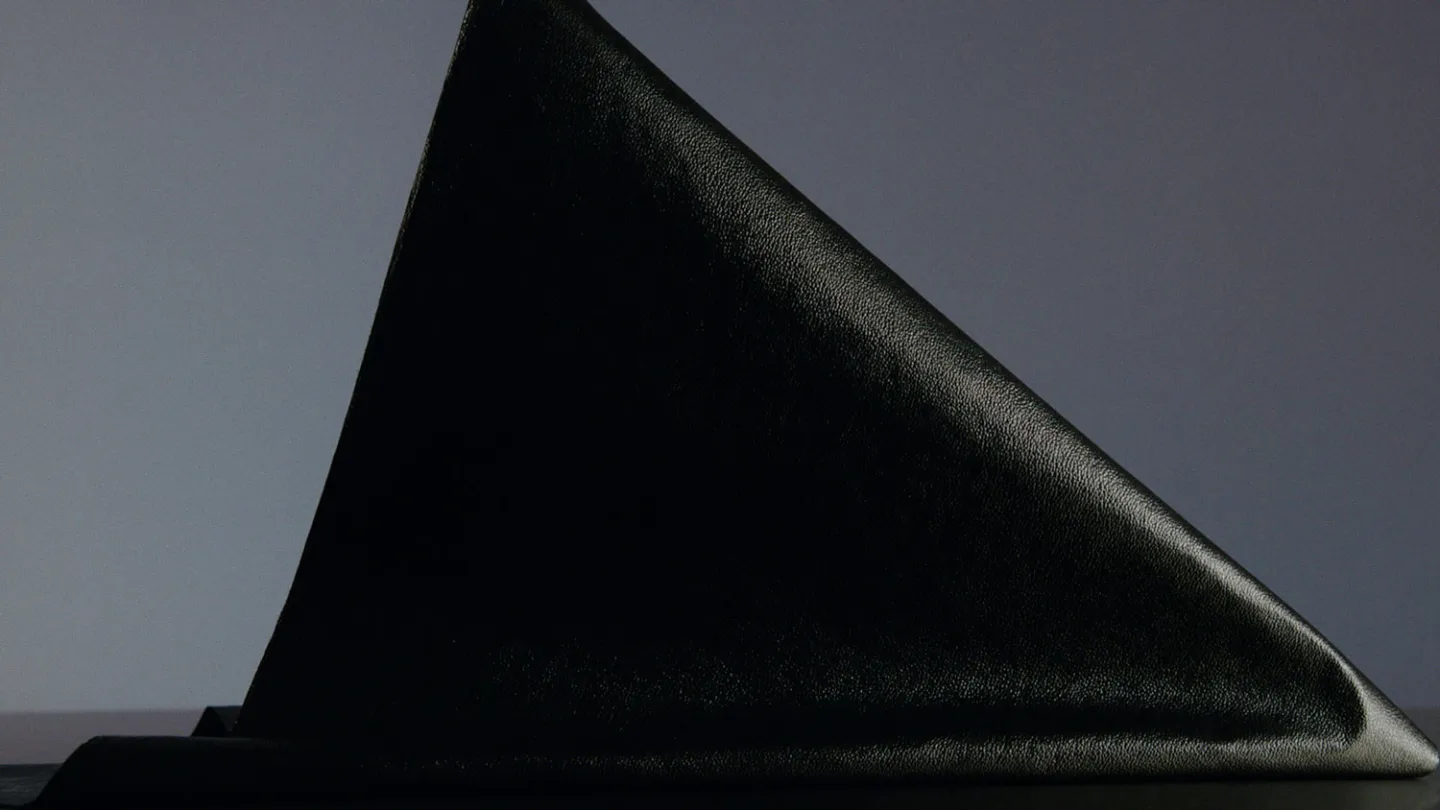Life Cycle Assessment: Reishi Fine Mycelium’s Carbon Footprint
As soon as MycoWorks published their first Life Cycle Assessment for their flagship material, Reishi™, the growing biomaterials company was eager to share the news with its followers. This article, which I co-wrote and copyedited, explains the science for a general audience, while highlighting the impact of MycoWorks’ achievement.
Read the excerpt below, or explore the full article on the MycoWorks site.
What does sustainability mean to you?
Our co-founder, Sophia Wang, often reminds us that sustainability carries an ethical responsibility: how do you consume in a way that replenishes yourself and the world around you?
For us, sustainability means impact. How much positive impact can you make with what you do, and how can you create even greater impact as you grow?
With all the buzz about sustainability in the market, the moment has arrived: it’s time to put some numbers behind our words, and share with you the results of our first peer-reviewed life cycle assessment (LCA).
A New Category of Material
Most industries are facing rising pressure to lower their environmental impact and have begun to respond. The explosion in demand for both non-animal and non-plastic materials in fashion is a great example: it’s hard to ignore the recent boom in “alternative leather” products made from mycelium, cactus, grape, and various other “bio-based” materials.
When it comes to carbon footprint, many of these new materials claim an edge over animal leathers—and that sounds great in theory. The problem? Many still use too much plastic to biodegrade effectively. Ultimately, that means little to no overall advantage over either animal or plastic leathers.
Why do they use plastic? It provides strength and performance properties that “bio-based,” “plant-based” material wouldn’t otherwise have. Plastic—added during a manufacturing process to fibers of mycelium, cactus, grape—is needed to make these other materials strong.
Reishi™, by contrast, is grown in a proprietary process that makes the mycelium itself strong—and that’s why Reishi™ doesn’t rely on plastic for performance.
Grown as a biomaterial, not manufactured: that’s what differentiates Reishi™ from other vegan leathers, which are assembled from a combination of ingredients that include mycelium (or other plant material) and plastic.
